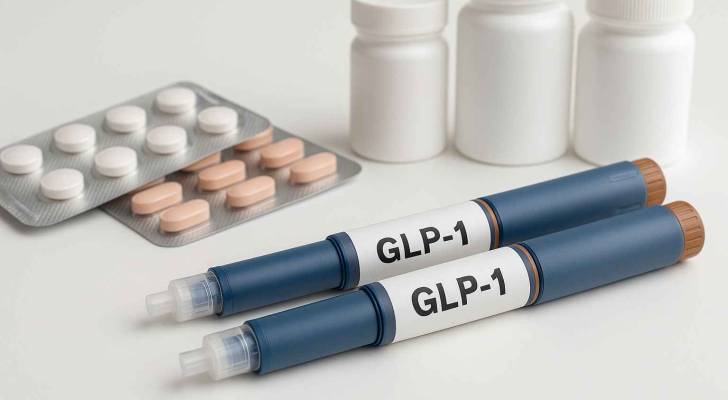GLP-1 medication
GLP-1 drugs like Ozempic added to WHO’s essential medicines list
The World Health Organization (WHO) has added a group of high-profile medicines, including drugs for diabetes, cystic fibrosis and cancer, to its updated list of essential medicines, a move it hopes will improve global access to treatments that are often out of reach because of high costs.
The essential medicines list now contains 523 drugs for adults and 374 for children. It serves as a benchmark for governments and health systems around the world, signaling which medicines should be considered core to public health. In past decades, the inclusion of HIV treatments on the list helped transform availability in lower-income countries.
“Rather than letting price be a disqualifying factor, the committee views inclusion in the essential medicines list as a potential catalyst for access,” said Dr. Lorenzo Moja, who leads the WHO secretariat responsible for the list, in comments to Reuters.
Among the most notable additions are the active ingredients in Novo Nordisk’s Ozempic and Eli Lilly’s Mounjaro, both GLP-1 receptor agonists originally developed for type 2 diabetes. The WHO panel recommended their use for patients with diabetes who also have cardiovascular disease, chronic kidney disease, or obesity. However, it stopped short of listing the drugs for obesity treatment alone, echoing its stance from 2023.
The popularity of GLP-1 drugs has surged worldwide, particularly as weight-loss treatments sold under different brand names. Yet the WHO noted that prices remain a major barrier. “High prices of medicines like semaglutide and tirzepatide are limiting access to these medicines,” the agency said in a statement. It added that encouraging generic production could help improve affordability as patents begin to expire next year.
Novo Nordisk said it was committed to expanding access, while Eli Lilly suggested that “off-patent or generic copies of drugs may be better candidates to meet patient needs and offer cost savings in lower resource settings.”
Beyond diabetes treatments, the WHO also approved the addition of Vertex Pharmaceuticals’ Trikafta (also sold as Kaftrio), a breakthrough therapy for cystic fibrosis. Patient advocates have long campaigned against its high price and restricted availability.
Merck’s widely used immunotherapy drug Keytruda was also added, recommended for cervical cancer, colorectal cancer, and certain forms of lung cancer that have spread. Merck said it remained committed to reaching patients who need the medicine.
The WHO further included rapid-acting insulin analogues, produced by companies such as Novo Nordisk and Eli Lilly, for use in patients with type 1, type 2, and gestational diabetes.
Globally, diabetes and obesity remain critical health challenges, affecting more than 800 million and 1 billion people, respectively, according to WHO estimates. By adding these medicines to its essential list, the agency hopes to send a clear message: lifesaving treatments should not be out of reach because of cost.




